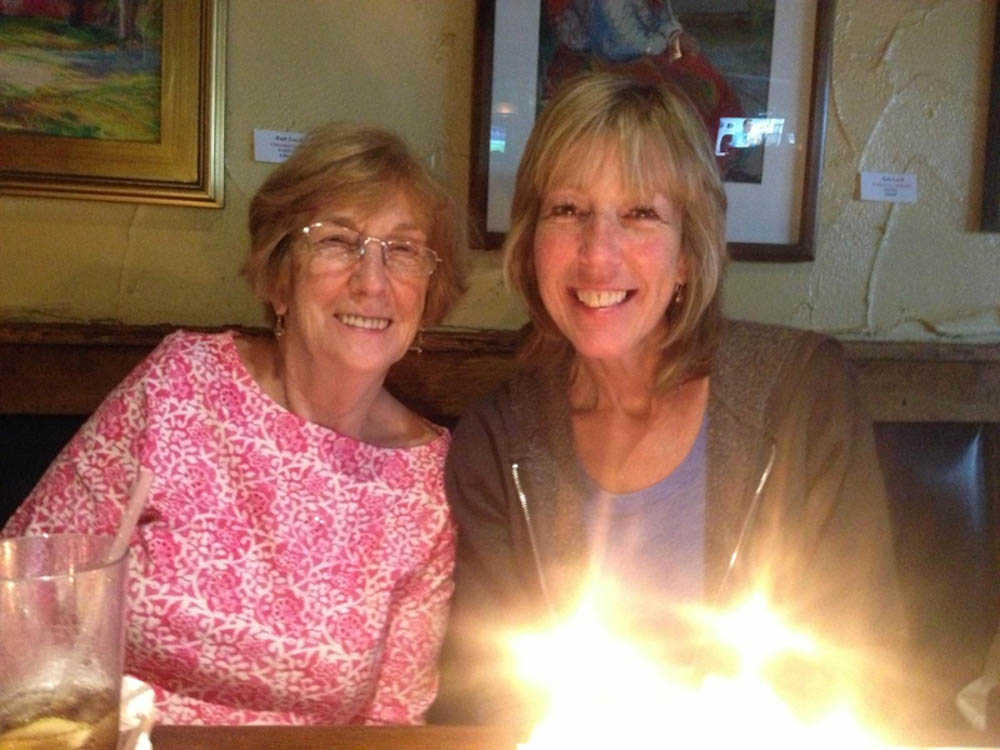For many patients with brain tumors or other abnormal tissue located deep in the brain, treatment options have been limited. Last year, Jill Colter, now 50, discovered that a brain tumor resulting from Stage IV melanoma had returned. “Several years earlier, I had treatment with surgery and radiation, but the tumor came back,” Jill said. Due to the location of Jill’s tumor and her prior radiation, surgery and further radiation weren’t possible to treat her tumor.

Colter was referred to neurosurgeon Alexandra Golby, MD, director of image-guided neurosurgery and clinical co-director of the Advanced Multimodality Image Guided Operating (AMIGO) Suite at Brigham and Women’s Hospital and a key member of the Center for Neuro-Oncology team at Dana-Farber/Brigham and Women’s Cancer Center (DF/BWCC).
“For many patients like Jill, traditional surgical methods often aren’t feasible because of the risks, and medications or radiation may not be effective,” explains Golby. “Due to these challenges, we have devoted years to researching other ways to reach these areas of the brain in order to help patients with brain tumors, severe epilepsy, and other neurological conditions.”
Golby recommended interstitial laser ablation, a new technique that uses image guidance (a GPS-like system for the brain) to direct a laser fiber to the precise area that needs to be treated. Magnetic resonance imaging (MRI) and specialized software are then used to measure heat treatment delivered through the laser fiber. Golby performed Colter’s procedure in the AMIGO Suite at BWH, which brings together all of the technological elements required for interstitial laser ablation. The AMIGO Suite is a state-of-the-art medical and surgical research environment that houses a complete array of advanced imaging equipment and interventional surgical systems.
Colter was able to go home one day after her procedure without interruption of her daily activities. In June, she celebrated her one year anniversary since her procedure and has had no recurrence. “I feel so grateful to have access to such advanced medical care, as well as a wonderful support network of family, friends, and caregivers,” Colter says. And, Colter is looking forward to celebrating another very important day this summer – her 51st birthday, a birthday she just happens to share with Golby.
This post originally appeared on Health Hub, a health blog from Brigham and Women’s Hospital.
